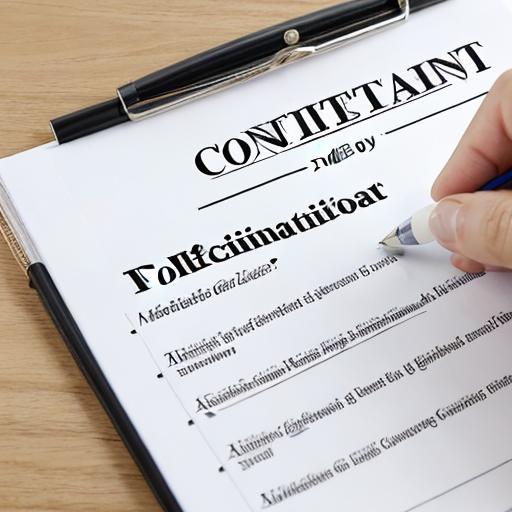Introduction:
In the dynamic world of politics, the role of a political consultant is crucial in shaping campaigns, influencing public opinion, and ultimately determining electoral outcomes. Political consultants play a multifaceted role, requiring a unique blend of skills, knowledge, and experience. In this blog post, we will delve into the qualifications that make a political consultant effective in navigating the intricate terrain of politics.
- Educational Background:
- A strong educational foundation is often a prerequisite for a career in political consulting. A bachelor’s degree in political science, communications, public relations, or a related field provides the necessary theoretical knowledge.
- Advanced degrees, such as a master’s or even a Ph.D., can further enhance a consultant’s understanding of political systems, policy analysis, and communication strategies.
- Political Acumen:
- A deep understanding of political systems, both at the national and local levels, is essential. Political consultants must stay abreast of current events, policy changes, and emerging trends to provide relevant and effective advice to their clients.
- Strong analytical skills and the ability to interpret political data are crucial. Political consultants often analyze polling data, demographics, and public sentiment to inform campaign strategies.
- Communication Skills:
- Effective communication lies at the heart of political consulting. Consultants must be adept at crafting persuasive messages, speeches, and press releases.
- Excellent interpersonal skills are essential for building and maintaining relationships with clients, political figures, and the media. The ability to articulate complex political concepts in a clear and concise manner is a valuable asset.
- Media Savvy:
- In the age of digital media, political consultants must be well-versed in various communication channels. This includes traditional media outlets, social media platforms, and emerging technologies.
- Proficiency in creating compelling content, managing social media campaigns, and navigating media interviews are critical for shaping a candidate’s public image.
- Campaign Experience:
- Practical experience is often as important as formal education. Successful political consultants typically have a history of working on political campaigns, gaining hands-on experience in various roles.
- Exposure to different campaign environments provides consultants with a nuanced understanding of the challenges and opportunities that arise during an election cycle.
- Adaptability:
- Political landscapes can change rapidly. Consultants must be adaptable and able to pivot strategies based on evolving circumstances.
- The ability to work under pressure, make quick decisions, and adjust to unforeseen challenges is crucial for success in the dynamic and unpredictable world of politics.
Conclusion:
Becoming a successful political consultant requires a combination of education, political insight, communication skills, media savvy, practical experience, and adaptability. Aspiring consultants should continuously seek opportunities for learning, stay informed about political developments, and cultivate a diverse skill set to navigate the complexities of the political landscape. Ultimately, it is the fusion of these qualifications that empowers political consultants to make a meaningful impact on the democratic process.

